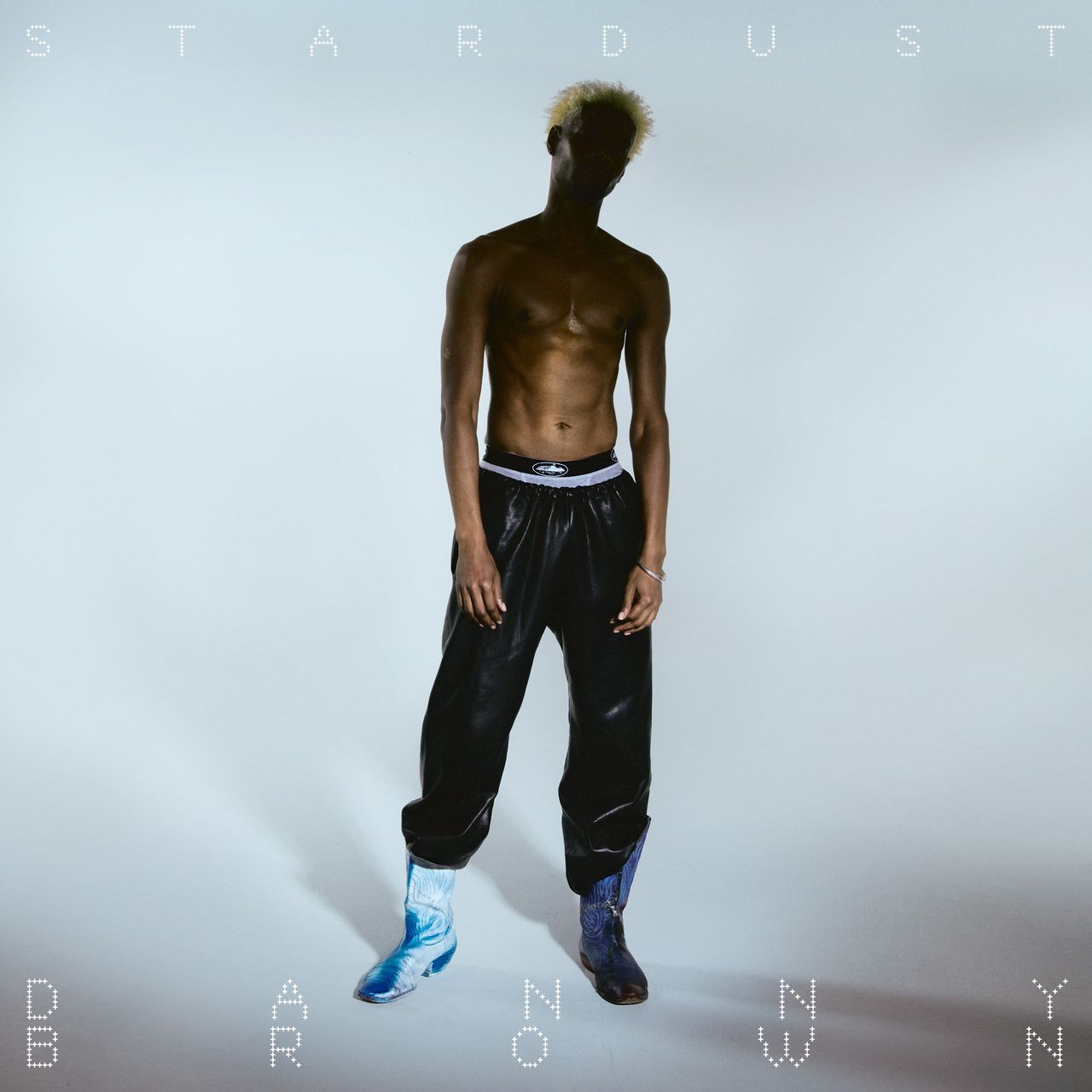The features list for Danny Brown’s new album Stardust hit like a crisis for anyone left whose image of Brown is fixed on drug-addled despair and dusty beats, listeners who can’t fathom him going from working with Kendrick Lamar and Earl Sweatshirt to new-generation electronic wizards like femtantyl and Frost Children. But what connects Brown’s work over the years is less a specific sound palette or take on prestige rap than the throbbing, raw emotion—the way he shot his voice up to paranoid delirium on “White Lines” and turned the no wave-inspired clown fiesta of “Ain’t It Funny” into a desperate meltdown. Over a decade ago, Brown was getting giddy over Rustie’s ebullient EDM-rap festival chaos and linking up with Charli xcx. He’s always picked his next moves like he’s yanking from a magic hat.
Stardust is Brown’s first album fully sober, and it’s the product of spelunking down the hyperpop rabid hole. This exploration began during the pandemic, when Dorian Electra showed him the Subculture party series, which is normally in LA but was now being held over live stream. After he left rehab, listening to underscores’ imaginary-town odyssey, 2023’s Wallsocket, reignited his passion for music. He slowly befriended the wider network of young producer-performers, some of whom began in the digicore scene but have tried to ditch the genre label, refusing to be static, a nomadic fever they shared with Brown. He featured on their songs and took inspo from Jane Remover’s maniacal microgenre dariacore for his 2023 mixtape with JPEGMAFIA, Scaring the Hoes. Stardust marks Brown’s full transformation into dance diva, his own 2020s version of Pop 2 that folds all his current obsessions into a freak-flag-flying ode to life and love. It’s a fun and unwieldy spectacle—at times shaky but always full of heart.
